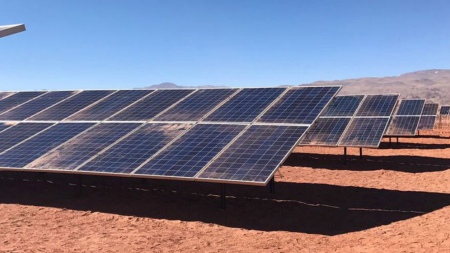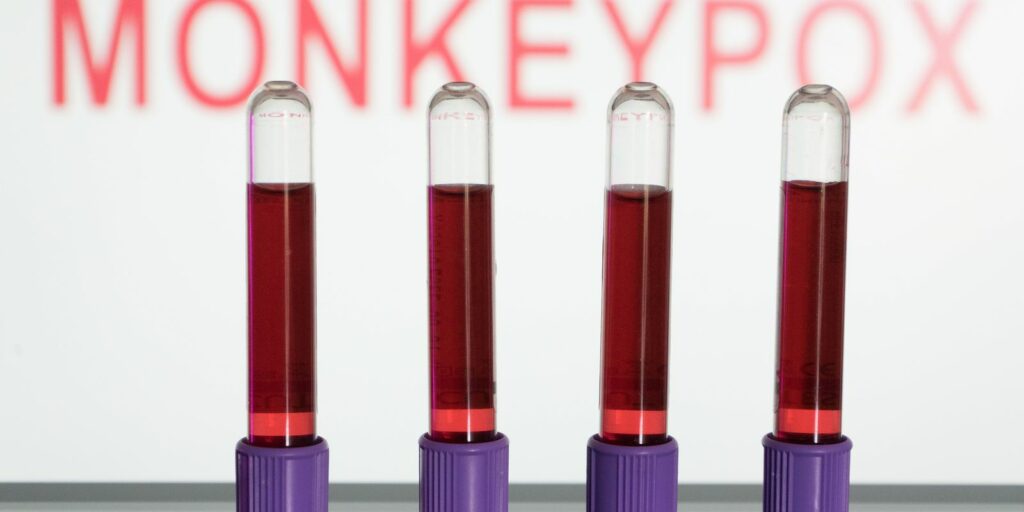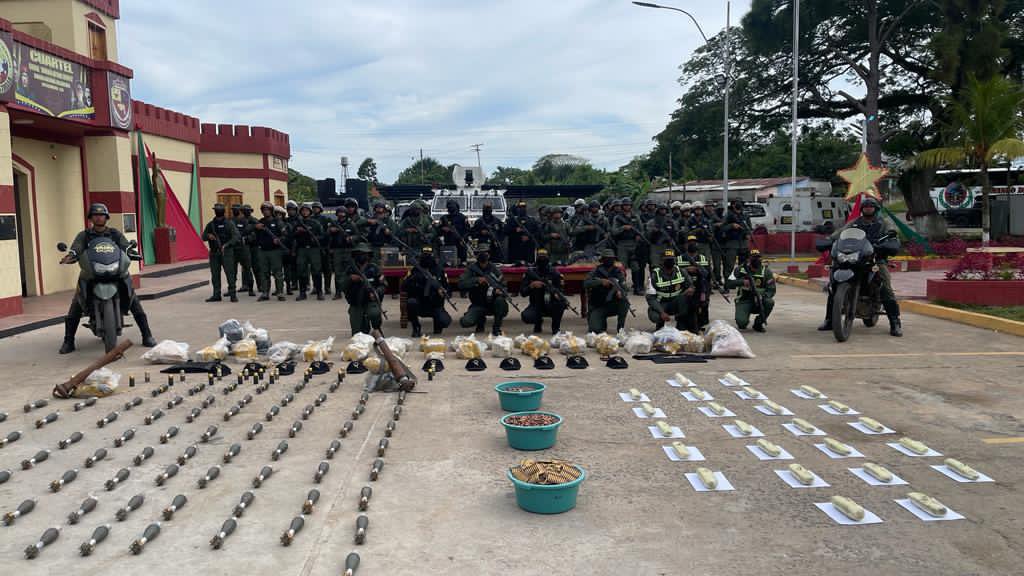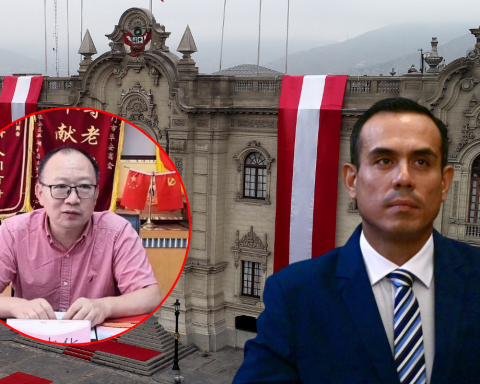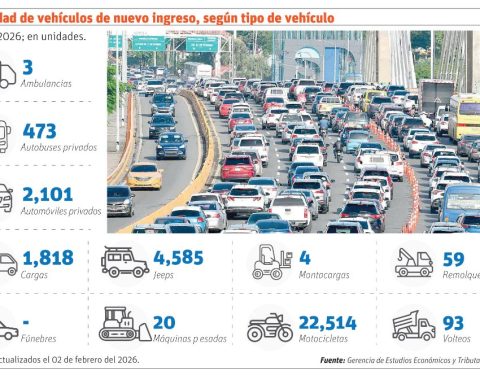The Secretary of Energy awarded the acquisition of solar panels for supply energy to 494 health centers located in rural towns in thirteen provinces of the country with a investment that will total US$ 18,038,519through Resolution 756/2022, published this Tuesday in the Official Gazette.
The initiative is part of the Renewable Energies in Rural Markets Project (Permer), partially financed –since its creation in 1999- by the International Bank for Reconstruction and Development (IBRD), in addition to contributions from the public and private sectors.
Photovoltaic equipment and its corresponding installations will be provided and installed in 494 Primary Health Care Centers (CAPS), located in rural areas.
The Bid Evaluation Committee of the tender assigned to the firms Muliradio, Datastar Argentina and Mega the provision of the equipment in the various lots that make up the tender, after obtaining the approval of the World Bank (WB).
project details
The panels will be distributed in 11 health centers in the province of Córdoba, seven in Tucumán, 21 in Jujuy, 129 in Salta, 173 in Santiago del Estero, 35 in Catamarca, 10 in Río Negro, 28 in Neuquén, three in Misiones, two from La Rioja, 52 from Chaco, 12 from Chubut and 11 from Santa Cruz.
In addition to the provision of photovoltaic equipment and installations, solar refrigerators will be provided to each of the establishments for the conservation of vaccineswhich will be powered by autonomous photovoltaic generators, without the use of batteries, and which are certified by the World Health Organization (WHO).
The works will allow more than 40,000 Argentines who live in rural areas to have uninterrupted power supply in the CAPS of their communities, improving working conditions and care, and lengthening shift hours, according to Energy.
The Permer program
National in scope, it seeks to provide access to energy from renewable sources to the country’s rural population that is not covered by the National Interconnected System (SIN).
Among various projects, Permer designed supply programs through “mini networks” to supply energy to homes, rural schools and agglomerated communities that are far from distribution networks.
In this sense, last October, the tender was awarded for supply renewable energy to 281 public establishments -including Gendarmerie posts, the Army, health establishments and schools- of 19 provinces, with an investment of US$ 22 million.
Along the same lines, that same month, the provision and installation of 2,633 solar cattle drivers was ordered to electrify the fences of rural producers isolated from the electricity grid.
The objective of establishing these mini community networks is to guarantee the uninterrupted supply of electricity for the inhabitants of rural areas far from the distribution networks, to supply energy with a quality comparable to that of urban centers.
